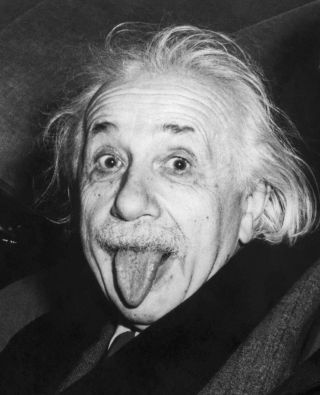Strokes of Genius
What sets so-called "geniuses" apart from the rest of us.
By Devon Frye published November 3, 2020 - last reviewed on November 16, 2021

Though the word genius is typically used to denote off-the-charts intelligence or talent, not all innovators would have aced an IQ test or were inherently gifted in their field. What, then, sets such people apart? In his book, The Hidden Habits of Genius, Yale music historian Craig Wright argues that innovators throughout history—from Mozart to Virginia Woolf—share a number of traits, including a taste for contrarianism, passion bordering on obsession, and childlike imagination. Wright shares what we can learn from geniuses—and what we often overlook.
What makes one person, but not another, a genius?
A genius is something of a perfect storm. We know the key enablers, like creativity and passion, but we can’t always explain exactly how they interact. There are clear commonalities among geniuses, however. They tend to be polymaths, for one—they're interested in a lot of disparate things and are able to combine them in miraculous ways. They tolerate risk. They take time to let their imagination run free.
Has our conception of “genius” changed over time?
In ancient times, genius was about imitation. You had a model—someone like Homer—and to the extent that you could emulate him, you were a genius. In the 18th century, it started to be about originality—a genius created something new. With the rise of Romanticism, it got bizarre: the genius started to be seen as a loner, delusional, even deranged. Today, at least in the sciences, it’s about the genius of the team. It’s said that among scientists, Einstein was the last solitary genius.
Why is contrarianism an essential element of genius?
When faced with new forces that are going to crush us, we need new solutions—and contrarians, who think outside the box, are the ones who are able to come up with them. Geniuses sometimes display terrible interpersonal behavior. But for the benefit of the species over time, we have to encourage and tolerate these outliers—otherwise, we won’t survive.
